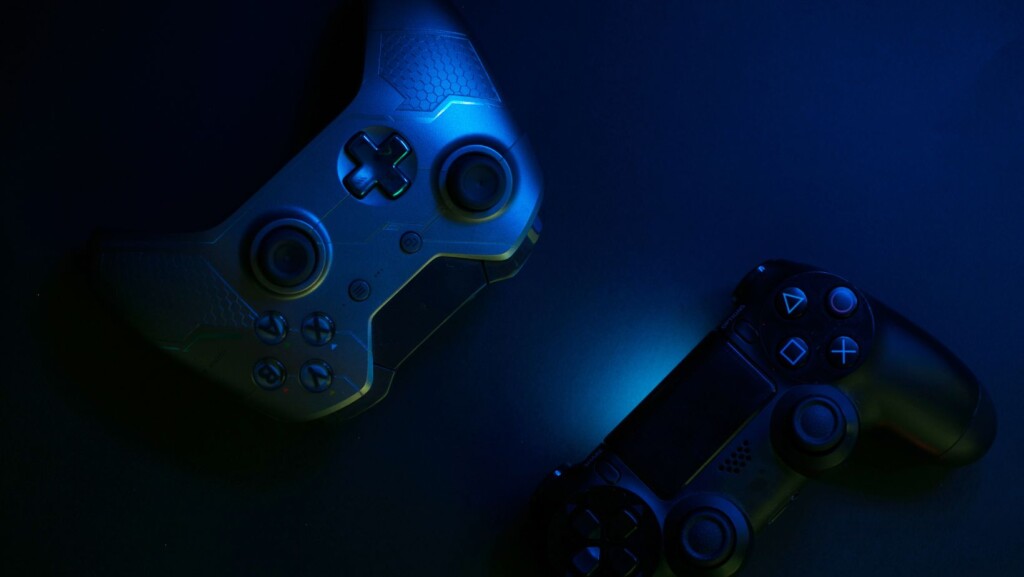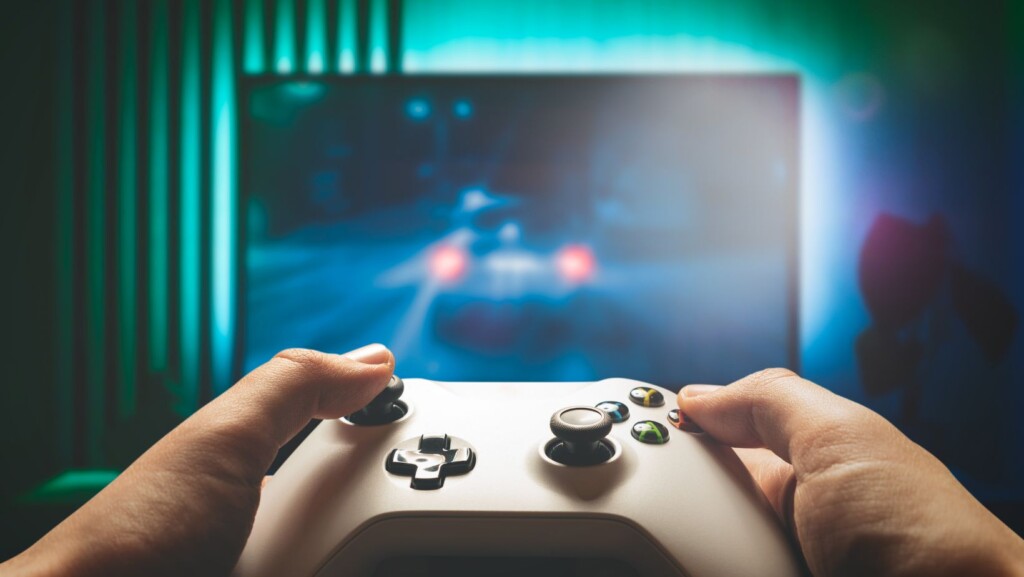Tactical shooter games are not just about quick reflexes. They reward patience, planning, and teamwork more than simple fast shooting. Players who want to get better at them need to think in a structured way. Just like how 22Bit players approach competitive gaming with strategy before action, you must focus on the right habits that win matches. These habits are not complex, but they require discipline and clear thinking.
Learn The Map In Detail
Every tactical shooter game comes with maps that look simple at first but hold many secrets. Each corner, hallway, and open space has its own purpose. Players who know where enemies are likely to appear always have an advantage. Walk through maps slowly, learn safe spots, and understand risky areas. The goal is to never be surprised by where an enemy comes from. Knowing maps means you can set ambushes, rotate faster, and avoid being trapped.
Value Team Communication
Silent teams rarely win in tactical shooters. Clear and simple communication builds trust and coordination. Calling out enemy locations, warning about traps, or guiding teammates to flank makes a big difference. Avoid talking too much or giving confusing details. Use short, direct words that anyone can understand fast. When the whole team communicates this way, it feels like everyone sees the full picture instead of just their own screen.
Positioning Matters More Than Shooting
In tactical shooters, being in the right place often matters more than having sharp aim. A player who positions well can cover angles and control space, making it harder for enemies to advance. Standing in the open only makes you an easy target. Always use cover, hold sightlines, and think about how to escape if things go wrong. Positioning also means not rushing unless you know it is safe. A patient player usually outlives the reckless one.
Use Utility Smartly
Tactical shooters often give players tools like smoke grenades, flashbangs, or drones. Many players waste them too early, leaving nothing for key moments. The best strategy is to use utility with purpose. A smoke grenade can block enemy vision during a push. A flashbang can turn a losing fight into a winning one. Saving these tools for the right time can shift the balance of a round. They are not extras; they are equal to your gun in importance.
Play With A Plan
Random actions rarely succeed. Each round should begin with a simple plan that the team agrees on. It might be to defend a site strongly, fake an attack, or spread out to gather information. Even if the plan changes later, having a starting point gives structure. Teams without a plan often look lost, while those with a plan move with purpose. A clear plan keeps pressure on the opponent and reduces mistakes.
Adapt Quickly When Needed
No matter how good your plan is, enemies will not always behave as expected. This is why adaptation is key. If the enemy keeps rushing one side, strengthen your defense there. If they are waiting quietly, be patient instead of rushing into their trap. Tactical shooters punish those who repeat the same move again and again. The fastest learners are usually the winners.
Control Your Pace
Many new players think rushing brings fast success. In truth, tactical shooters reward balance between speed and patience. Sometimes holding back and waiting for the enemy to move first is smarter. Other times, pushing with confidence catches them off guard. The secret is not to play too fast or too slow all the time. Control your pace depending on what the situation demands.

Stay Calm Under Pressure
Pressure moments come often in tactical shooters. You may be the last player alive against many enemies. Instead of panicking, breathe and think step by step. Focus on sound, cover, and timing. A calm mind can turn impossible-looking rounds into victories. Winning under pressure also boosts team morale, which makes the next rounds easier.
Practice Consistently
No strategy works without practice. Tactical shooters require repeated learning. Spend time training aim, walking through maps, and practicing communication with teammates. Consistent practice builds habits that come naturally during matches. With enough repetition, decisions become faster and sharper.
Conclusion
Tactical shooters are not about being the fastest trigger in the room. They are about thinking ahead, working with others, and making smart choices in every round. A player who studies maps, uses tools wisely, and communicates clearly will always grow stronger.

These games reward discipline and patience more than chaos. When you train your mind to stay calm and adjust quickly, you set yourself apart from average players. The best strategy is not luck but steady learning every time you play.

